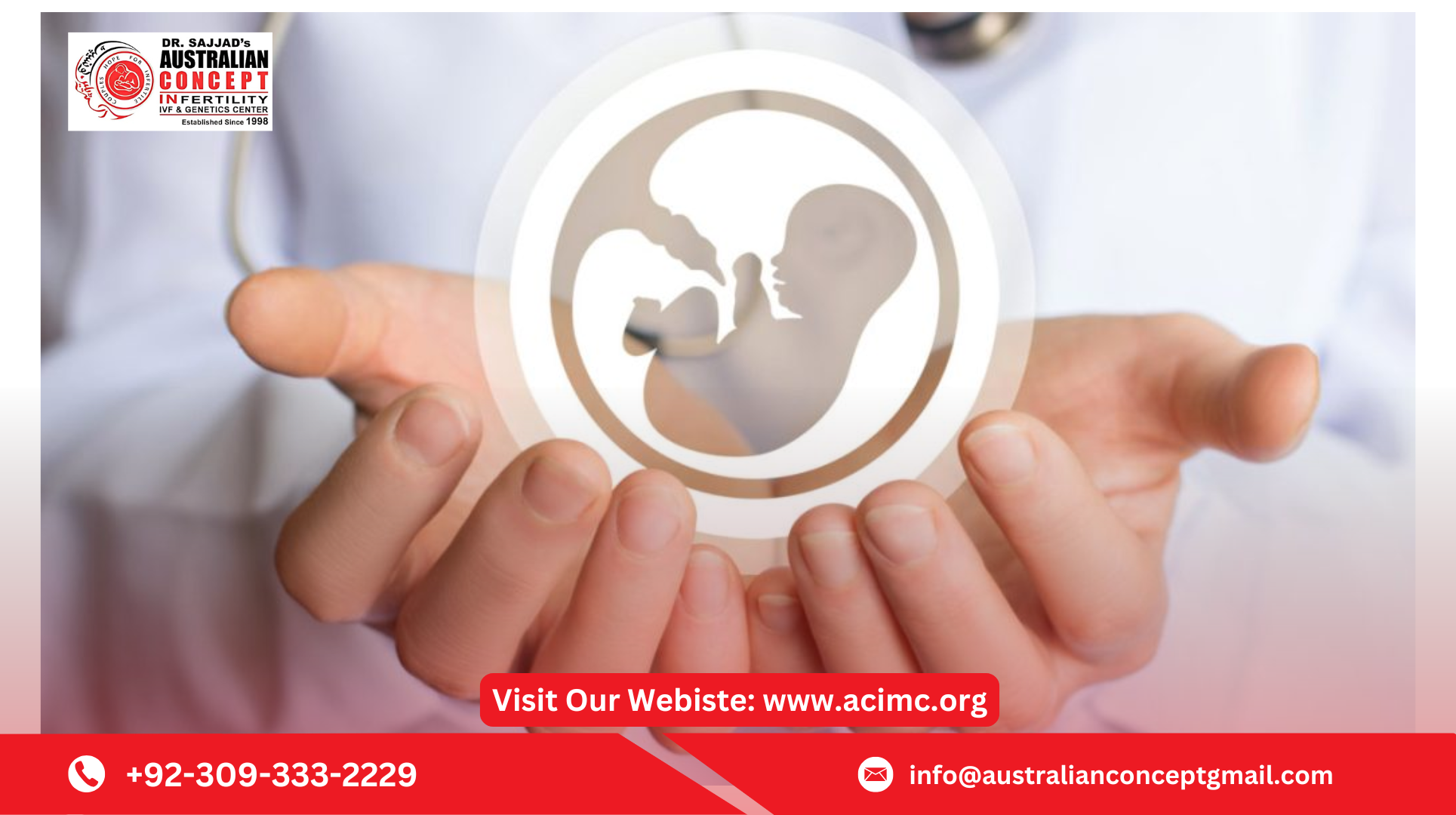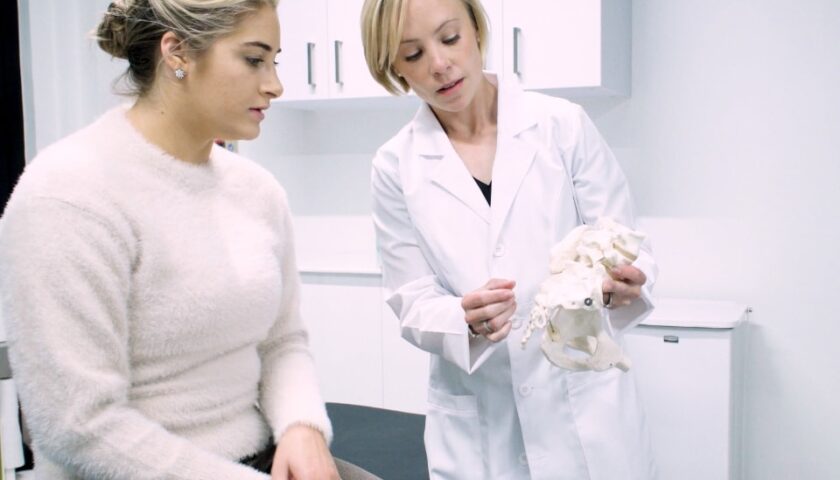Infertility is a growing concern affecting millions of individuals and couples worldwide. With advancements in medical science, various treatment options are now available to help people realize their dream of parenthood. The choice of treatment depends on the underlying cause of infertility, age, health conditions, and personal preferences. Here are nine fertility treatment options that offer hope to those struggling with infertility.
1. Lifestyle Changes: The First Step
Before diving into medical interventions, lifestyle changes can sometimes significantly impact fertility. Maintaining a healthy weight, eating a balanced diet, avoiding excessive caffeine and alcohol, and quitting smoking are essential steps. Stress management through yoga, meditation, or counseling can also improve fertility outcomes.
Who Can Benefit:
- Couples with unexplained infertility.
- Individuals whose lifestyle factors are affecting fertility.
2. Ovulation Induction with Medications
Ovulation disorders are a common cause of infertility Treatment in women. Ovulation induction involves using medications like clomiphene citrate or letrozole to stimulate the ovaries to release eggs. These drugs regulate ovulation and increase the chances of conception.
Who Can Benefit:
- Women with irregular periods or polycystic ovary syndrome (PCOS).
- Women with mild hormonal imbalances.
3. Intrauterine Insemination (IUI)
IUI is a minimally invasive procedure where sperm is directly inserted into the uterus during ovulation. This method bypasses the cervix and increases the like lihood of fertilization by placing sperm closer to the egg.
Who Can Benefit:
- Couples with unexplained infertility.
- Men with mild sperm abnormalities.
- Women with cervical mucus issues.
4. In Vitro Fertilization (IVF)
IVF is one of the most effective fertility treatments. It involves retrieving eggs from the ovaries, fertilizing them with sperm in a laboratory, and transferring the resulting embryo(s) into the uterus. IVF is highly controlled and can address a wide range of fertility issues.
Who Can Benefit:
- Women with blocked fallopian tubes.
- Couples with severe male infertility.
- Those with unsuccessful attempts at other treatments.
5. Intracytoplasmic Sperm Injection (ICSI)
ICSI is an advanced form of IVF where a single healthy sperm is injected directly into an egg to facilitate fertilization. This method is particularly useful in cases of severe male infertility.
Who Can Benefit:
- Men with extremely low sperm count or poor motility.
- Couples with previous failed fertilization in IVF cycles.
6. Donor Eggs or Sperm
For individuals with poor egg or sperm quality, using donor eggs or sperm can provide a viable path to parenthood. Donor eggs are often used in IVF, while donor sperm can be used in IUI or IVF.
Who Can Benefit:
- Women with diminished ovarian reserve or premature ovarian failure.
- Men with azoospermia (absence of sperm).
- Same-sex couples or single individuals.
7. Surgical Interventions
In some cases, surgical procedures may be necessary to correct anatomical issues causing infertility. These include:
- Laparoscopy: Used to treat endometriosis, remove ovarian cysts, or clear blocked fallopian tubes.
- Hysteroscopy: To remove uterine fibroids or polyps.
- Varicocele Repair: To improve sperm quality in men with varicoceles (enlarged veins in the scrotum).
Who Can Benefit:
- Individuals with structural abnormalities in the reproductive system.
- Women with endometriosis or uterine issues.
8. Fertility Preservation
Fertility preservation is an option for individuals who wish to delay parenthood or are undergoing treatments that may impact their fertility, such as chemotherapy. This involves freezing eggs, sperm, or embryos for future use.
Who Can Benefit:
- Cancer patients.
- Women nearing their reproductive age limit.
- Individuals planning to postpone parenthood for personal or career reasons.
9. Alternative Treatments and Complementary Therapies
Some individuals turn to alternative treatments alongside medical interventions to enhance fertility. These include:
- Acupuncture: Believed to improve blood flow to reproductive organs and reduce stress.
- Herbal Medicine: Used in traditional practices to balance hormones and improve overall fertility.
While these therapies are not standalone treatments, they can complement conventional methods and improve success rates when used under professional guidance.
Who Can Benefit:
- Couples looking for holistic approaches to support fertility treatments.
- Individuals with stress-related infertility.
Factors Influencing the Choice of Treatment
The choice of fertility treatment depends on several factors, including:
- Age: Women under 35 typically have higher success rates with treatments like IUI and IVF.
- Cause of Infertility: The underlying cause, such as hormonal imbalances, structural abnormalities, or male factor infertility, determines the appropriate approach.
- Personal Preferences and Budget: The invasiveness, cost, and success rates of treatments vary, influencing the decision-making process.
Success Rates of Fertility Treatments
The success rates of fertility treatments vary depending on the method used and individual circumstances:
- Lifestyle Changes and Medications: Moderate success in regulating ovulation and improving natural conception.
- IUI: Approximately 10–20% success rate per cycle.
- IVF: Success rates range from 40–60% for women under 35, decreasing with age.
- ICSI: Comparable to IVF but particularly effective in severe male infertility cases.
Choosing the Right Fertility Clinic
Selecting a reputable fertility clinic is crucial for successful treatment. Consider these factors when choosing a clinic:
- Success Rates: Check the clinic’s success rates for specific treatments.
- Expertise: Look for clinics with experienced fertility specialists and embryologists.
- Facilities: Ensure the clinic has state-of-the-art equipment and a well-equipped lab.
- Patient Reviews: Read reviews and testimonials to gauge patient satisfaction.
Conclusion
Fertility treatments offer hope to individuals and couples struggling to conceive. From lifestyle changes to advanced procedures like IVF and ICSI, there is a solution for nearly every fertility challenge. The key is to work with a skilled fertility specialist to determine the most suitable treatment plan based on your unique needs.
If you’re exploring fertility treatments in Lahore, consult a trusted fertility clinic to take the first step toward achieving your dream of parenthood. With the right approach, modern medicine can turn the hope of starting a family into reality.
For More Details: https://acimc.org/ivf-lahore/





